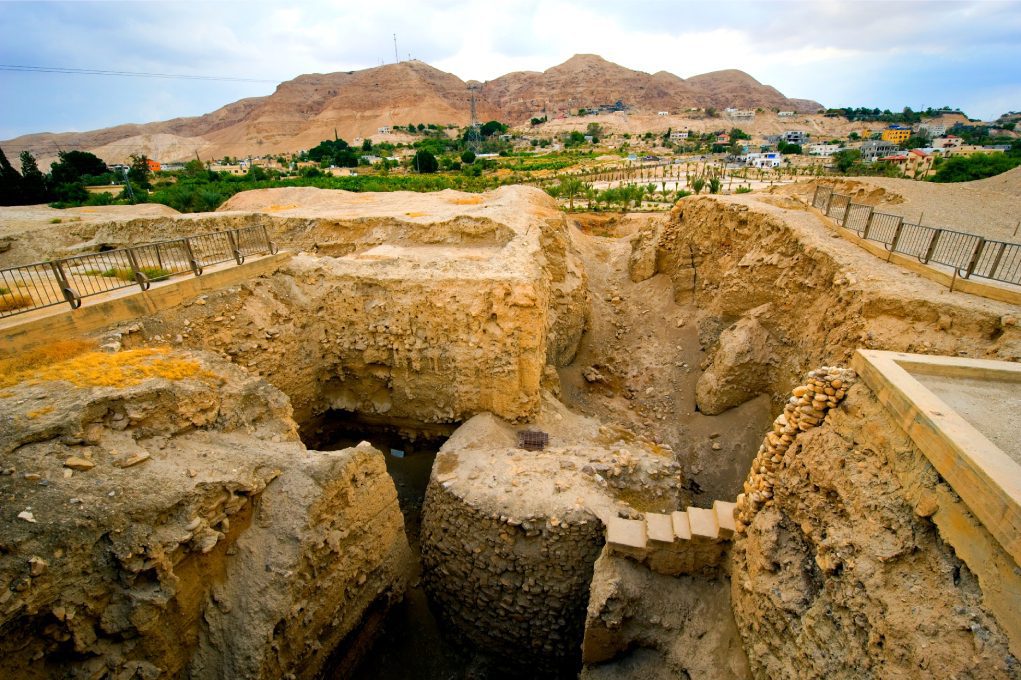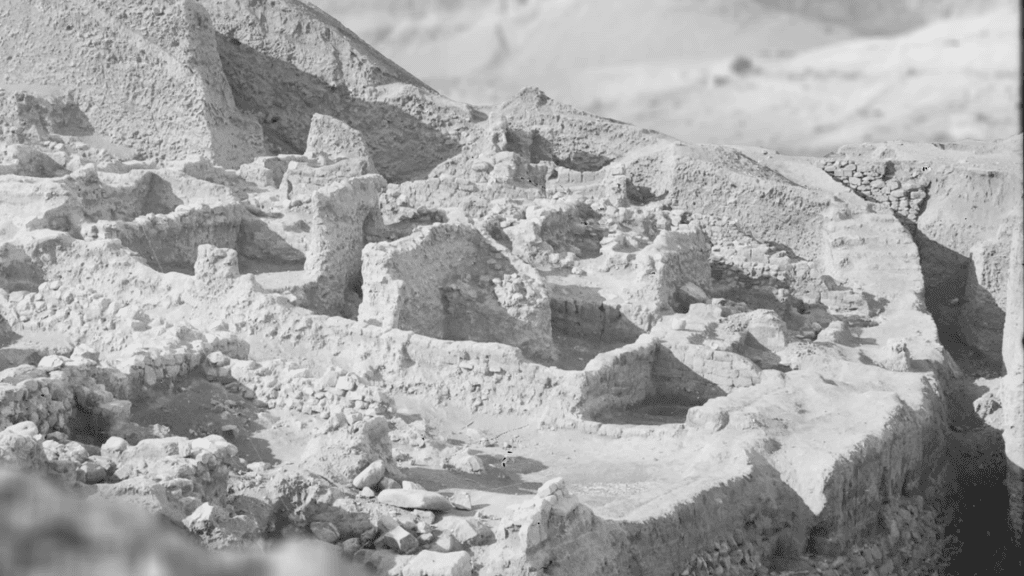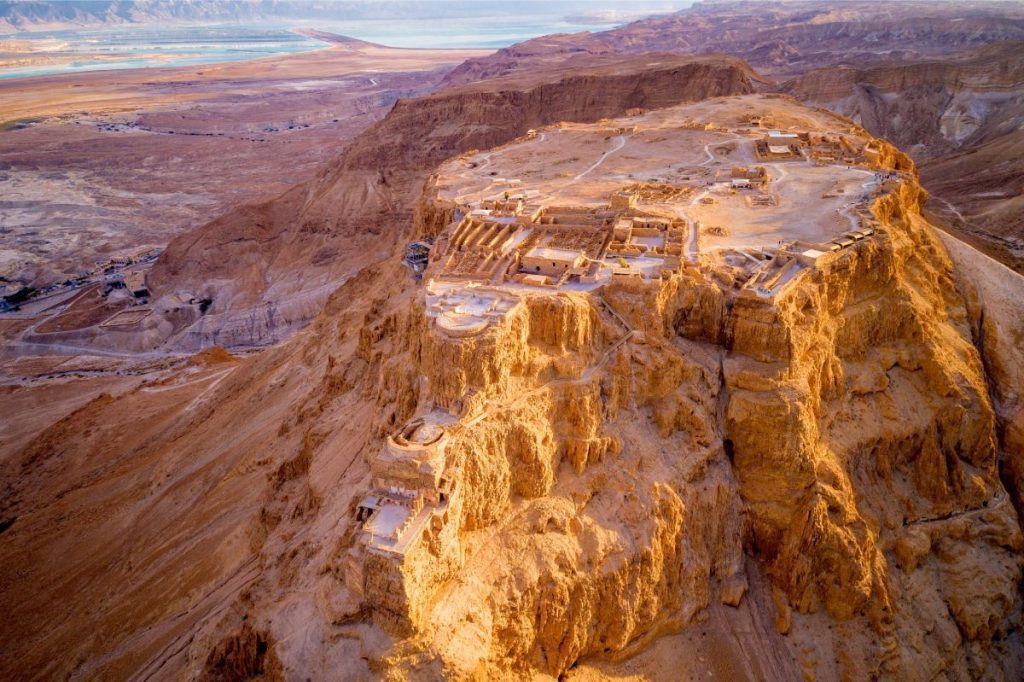Let’s talk about known women in the Bible. This time I chose Rahab, that was the first Canaanite to join the Israelites. In other words, the Women in the Bible prove everyone is precious to God. Rahab in Hebrew means “broad” or “wide”. As told in the Book of Joshua; Rahab was a woman who lived in Jericho; which is located in the Promised Land. And assisted the Israelites in capturing the city; by hiding two men who had been sent to reconnoiter the city prior to their attack.

Rahab in the Hebrew Bible
So, according to the Hebrew Bible, when the Hebrews were camping out at Shittim in the Arava Valley opposite to Jericho, ready to cross the river. So Joshua, as a final preparation, sent out two spies to investigate the military strength of Jericho.
The spies stay in Rahab’s house, built into the city wall. At this point, the soldiers sent to capture the spies asked Rahab to bring out the spies. Instead, she hid them under bundles of flax on the roof. It was the time of the barley harvest, and flax and barley were ripe at the same time in the Jordan Valley so that the bundles of flax stalks might have been expected to be drying just then.
Why Did Rahab Decide to Help the Israelites?
Rahab explains her actions by her knowing that God gave the land to the Israelites. And she continues:
“For we have heard how the LORD dried up the water of the Red Sea before you when you came out of Egypt. And what you did to the two kings of the Amorites that were beyond the Jordan, to Sihon and Og. Whom you utterly destroyed. As soon as we heard it, our hearts melted, and there was no courage left in any of us because of you. The LORD your God is indeed God in heaven above and on earth below. Now then, since I have dealt kindly with you, swear to me by the LORD that you, in turn, will deal kindly with my family. Give me a sign of good faith that you will spare my father and mother, my brothers and sisters, and all who belong to them, and deliver our lives from death.”
(Joshua 2:10-13)
After escaping, the spies promised to spare Rahab and her family after taking the city. Even if there should be a massacre, if she would mark her house by hanging a red cord out the window. When the city of Jericho fell, Rahab and her whole family were preserved according to the spies’ promise. And were incorporated among the Jewish people. (In siege warfare of antiquity, a city that fell after a prolonged siege was commonly subjected to a massacre and sack.)
The Episode of Rahab as an Etiological Story
There is a certain tension between the story of the conquering of Jericho and the episode of Rahab and the spies. In other words, why would Joshua bother sending spies to Jericho if the city was miraculously given to the Israelites by God? Also, the text is silent about the fact that even though Rahab is living in the walls of Jericho, as we know, the walls fell tumbling down. How did Rahab and her family survive?

Michael Coogan says the book of Joshua, more than any other book of the Bible, contains short etiological narratives that explain the origins of religious rituals, topographical features, genealogical relationships, and other spaces of ancient Israelite life. And the legend of Rahab is such an example. Perhaps the story of Rahab tries to answer how a Canaanite group became part of Israel despite the Deuteronomistic injunction to kill all Canaanites and not to intermarry them.
Rahab’s Profession
The Hebrew used to describe Rahab in Joshua 2:1 means “a prostitute woman”. However, in rabbinic texts, she is explained as an “innkeeper”, based on the Aramaic Targum. The Hebrew word for prostitute may refer to secular or cultic prostitution. And the latter is widely believed to have been an invertible element of Canaanite religious practices. However, recent scholarship has disputed this. However, there was a separate word for that in Biblical Hebrew called Qedesha, that could be used to designate prostitutes of the cultic variety.

In Rabbinic Literature
According to the Talmud, Rahab was ten years old when the Israelites left Egypt on the Exodus. And she was a prostitute for forty years while the Israelites were roaming the desert. When the Israelites entered the land, she was fifty years old, converted to Judaism, and married Joshua.
The rabbis viewed Rahab as a worthy convert to Judaism and attested that Rahab married Joshua following her conversion; their descendants included the prophets Jeremiah, Hilkiah, Seraiah, Mahseiah, and Baruch, Ezekiel, and the prophetess Huldah, although there is no report in the book of Joshua of the leader marrying anyone, or having any family life. Rahab is often mentioned alongside Jethro (Yitro) and Na’aman as “positive examples” of the converts who joined Israel, and another midrash has Rahab acting as an advocate for all nations of the world.
In the New Testament
According to the New Testament, Rahab is the mother of Boaz, the great-grandfather of King David. Rahab is also considered to be the prefiguration of Zacchaeus the chief tax collector, that housed Jesus in Jericho and, as a result, repented and returned all that he stole.

